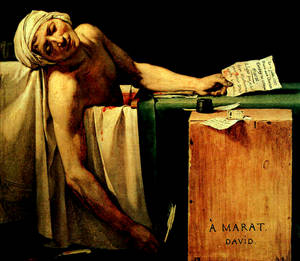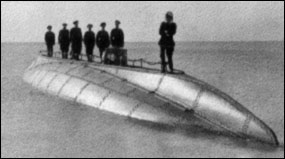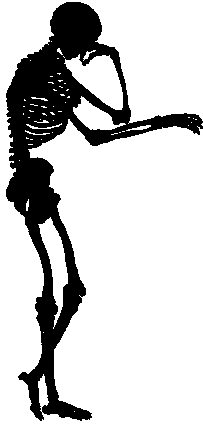|
|

|
||
|
|
Present Past Subjects Projects Misc |
DASARTS THEME 15: EVENT HORIZON
Do you remember the scene in Francis Ford Coppola's 'Dracula' where Mina (Winona Ryder), kneels at the feet of her lover the vampyre (Gary Oldman) and pleadingly whispers, "Take me away from all this death"? Do you remember the specific way she pronounces the word 'death'? The sneer in her voice, the absolute disdain with which she speaks? The explosive emphasis she places on the letter 'd' (the dull thud)? Her explosive disgust: "Take me away from all this... death." Did you ever see this movie? Her lover the vampyre offers Mina a choice: eventual death (sometime in the future, she's young and pretty now -- with possibly another 50 years of life) or immortality such as he enjoys, as a vampyre, a body without organs, undead. He hesitates, "I love you too much to condemn you." and warns her: "You'll be cursed as I am and walk through the shadow of death for all eternity." The substrate: the assumptions under our subject. One: how old death is! How intimately tied to the roots of theatre and art. (A discussion yesterday afternoon in Cafe de Jaren with Dragan Klaic: "Fear is the basis of theater.") Previous to all our obsessions and occupations (what we show others: our professions), are our preoccupations. Before our obsession with sex (what others see: "the oldest occupation in world"), comes death, the oldest preoccupation in the world. Two: the inconceivable. What do we know of death other than that everyone dies (or at least everyone has always died) and that the very nature of life is premised on the disposability of our individual bodies, (Arnold Toynbee: "Death is the price paid by life for an enhancement of the complexity of a live organism's structure.") -- what is knowable about death?
To ask this another way: what is not knowable? Are there limits to human knowledge? (Does our human form limit our knowledge?) What are the limits to our experience as individuals, as existential beings, as artists, as social beings? Are there limits to what we can possibly imagine? That we can possibly communicate? (The ineffability of death: "The one experience I shall never describe," writes Virginia Woolf. "Death is not an event of life. Death is not lived through." writes Ludwig Wittgenstein.) Death is the original event horizon. How unknowable death is. The theme of the next block at DasArts isn't death (given death's unknowability, how can it be about death?), it is the horizon of our own human experience and understanding, also known as the event horizon (properly the boundary of a black hole, improperly, anything (usually technological) likely to occur but inconceivable. Stephen Hawking warns in 'A Brief History of Time': "Anything or anyone who falls through the event horizon will soon reach the region of infinite density and the end of time..."). Radical life extension (could also mean the end of amnesia, a state of total recall) or the prospect of living forever (immortality) are examples of such inconceivabilities. In anticipating the inconceivable we approach the Singularity: the prospect of radical change, of radical breakthrough. (Vernor Vinge, 1993: "Within thirty years, we will have the technological means to create superhuman intelligence. Shortly after, the human era will be ended.") DasArts. Fall 2001. A research block to broach this subject. Why not?
Our conceit (our starting point): the reality of this world is unprecedented. Our manifesto begins thus:
Reflecting on this, science fiction has been writing its own future history (Greg Egan's Permutation City)... "In 2024, John Vines, a Boston neurosurgeon, ran a fully conscious Copy of himself in a crude Virtual Reality. Talking slightly less than three hours of real time (pulse racing, hyperventilating, stress hormones elevated), the Copies first words were: 'This is like being buried alive. I've changed my mind. Get me out of here.' "His original obligingly shut him down -- but then later repeated the demonstration several times, without variation, reasoning that it was impossible to cause additional stress by running the exact same simulation more than once." ...and esoteric wisdom (buddhism, sufism) has (always, already) offered us advice: "If you die before you die, then when you die, you will not die." (Paul Perry, 6 July 2001.) The classic vampire films: F.W. Murnau's Nosferatu (1922), Carl Dreyer's Vampyr (1931), Werner Herzog's Nosferatu (1979), Francis Ford Coppola's Dracula (1992). Jalal Toufic, (Vampires) An Uneasy Essay on the Undead in Film, 1993. Peter Weiss, Marat/Sade, 1964 (and if possible, Peter Brook's 1966 film!) Vernor Vinge, The Singularity, 1993.
Greg Egan, Permutation City, 1994. Sherwin Nuland, How We Die, 1994.
ALAMUT.COM is artist owned and operated.
|
|


